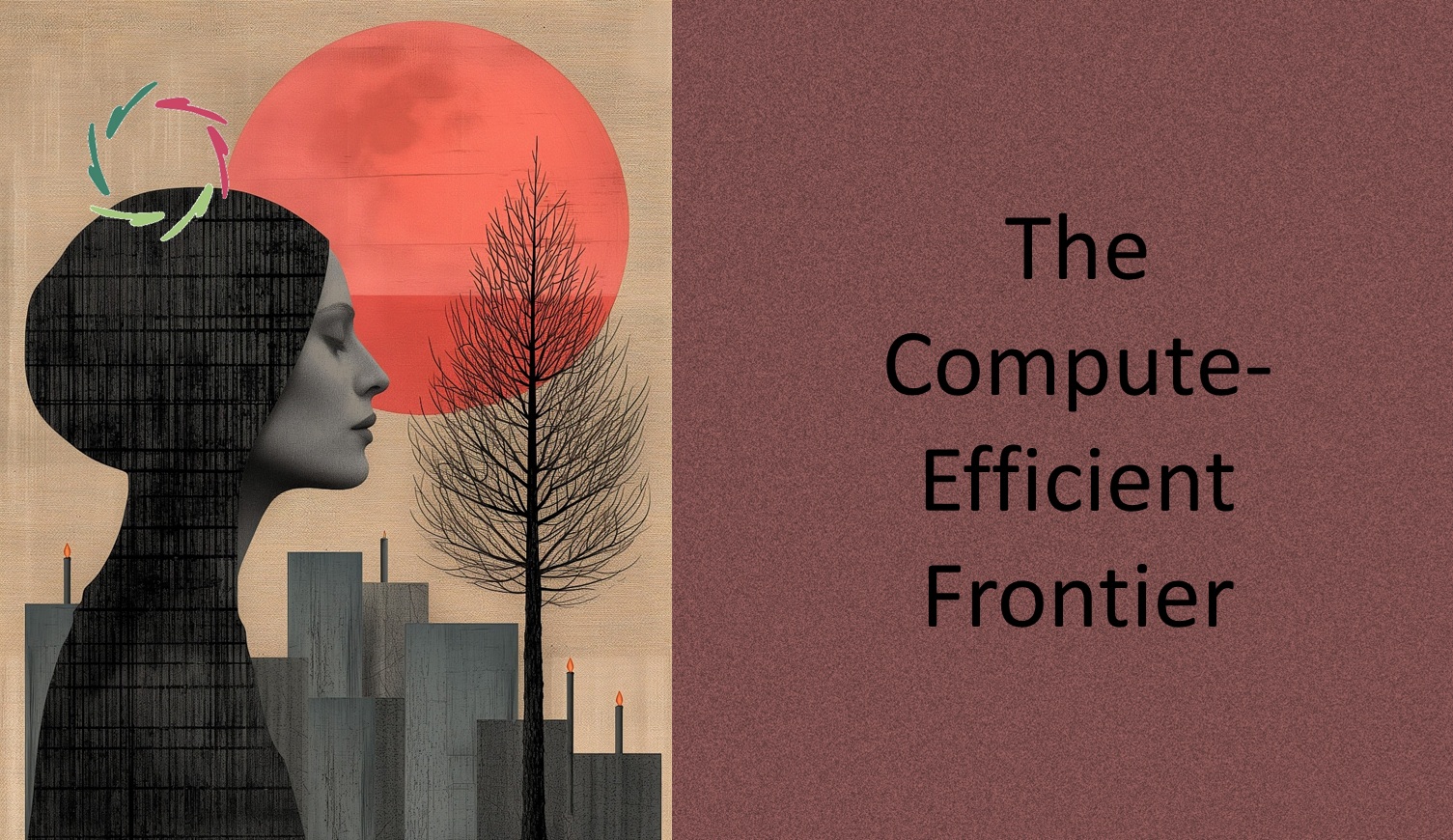
The Compute-Efficient Frontier
Research on scaling laws for LLMs suggests that while scaling model size (functional parameters), dataset size (tokens), and compute (amount of computing power) improves performance, diminishing returns are becoming evident. This is called the ‘compute-efficient frontier.’ Apparently, it does not depend much on architectural details (such as network width or depth) as long as reasonably Read the full article…

We are Made for Compassion
Let’s not be naive. Compassion exists — yet, from both a close-up and a distant perspective, we witness a profound lack of it in the world. So, ‘made for Compassion,’ really? Also, ‘made for’ does not imply an intelligent designer who made us. That is unless you see an extremely long history of trial and Read the full article…

Beauty Whispers Impermanence
― Beauty whispers impermanence like the gentle fall of cherry blossoms dancing on a soft spring breeze tender yet ungraspable – Beauty is this delicate thread woven of longing, joy and sorrow. It bends under time’s weight but even as it fades it keeps the essence of what has been eternal. – Is not Earth Read the full article…
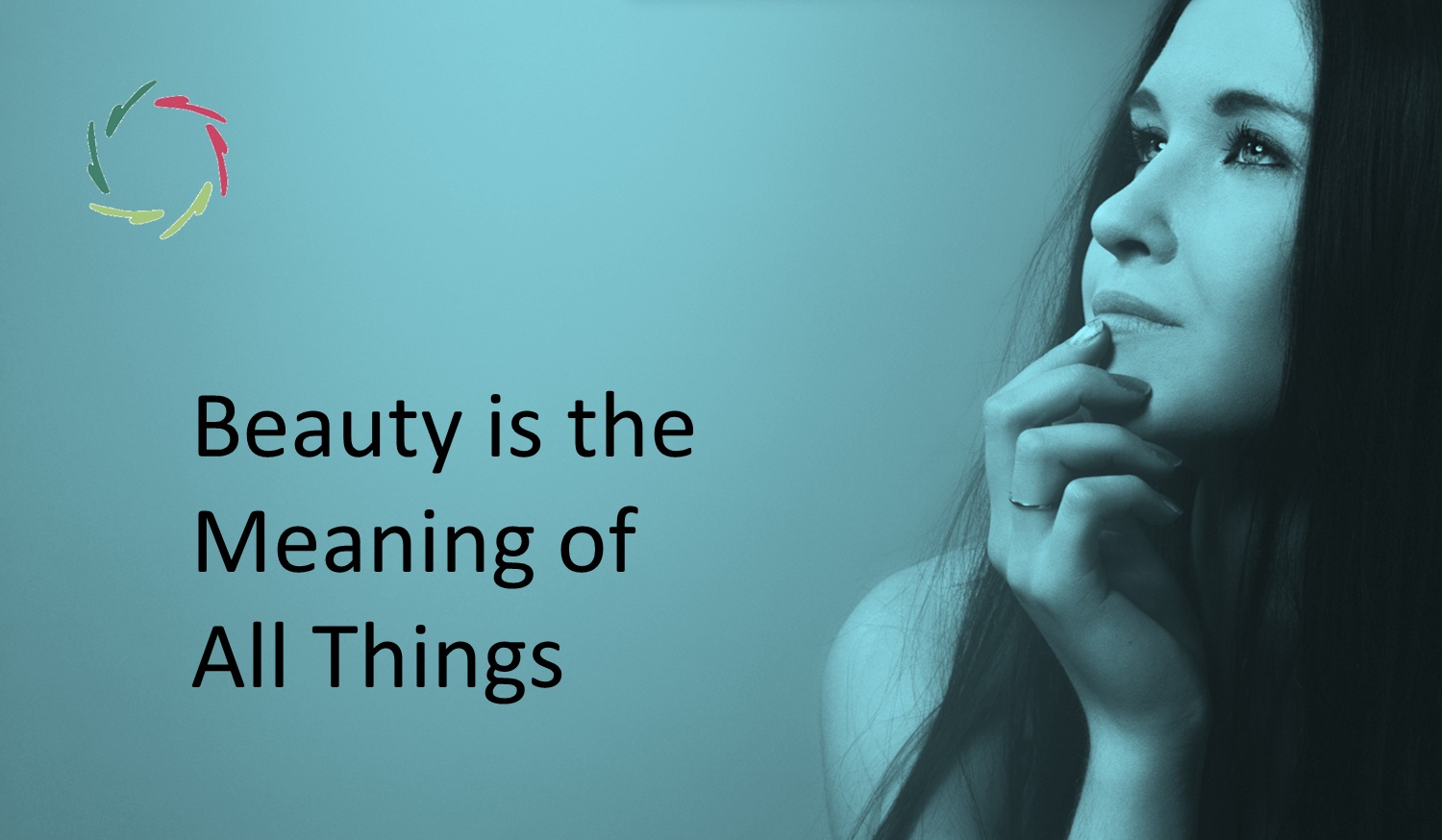
Beauty is the Meaning of All Things
This blog is a deep exploration of how true beauty transcends the superficial to become a universal connector essential for a life of purpose. Beauty is not just an ornament of life. To live without beauty is to exist without a sense of direction or purpose, for in its deepest form, it transforms existence into Read the full article…
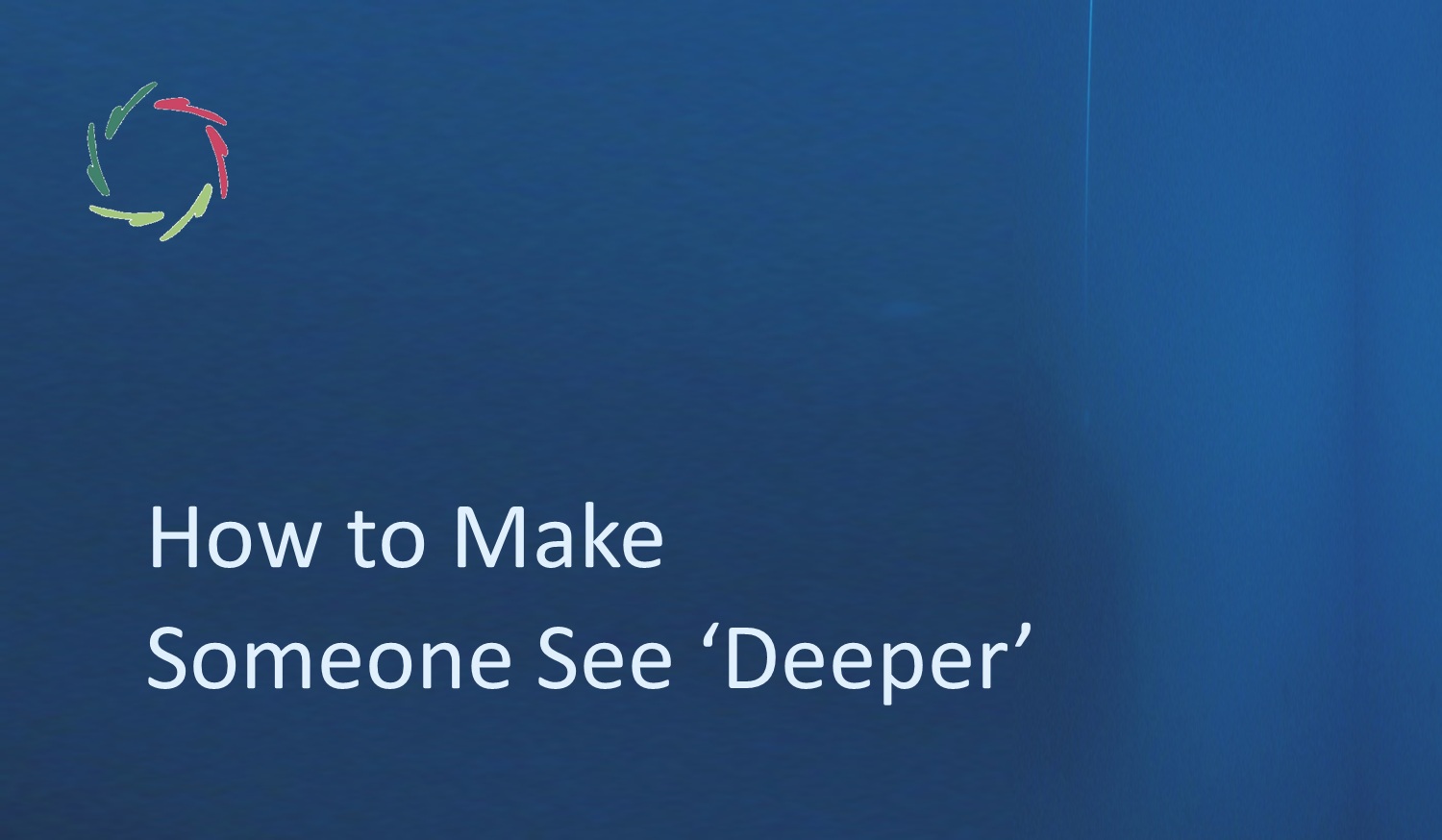
How to Make Someone See ‘Deeper’
This blog is about understanding and cultivating ‘human depth,’ not only for personal growth but for addressing societal challenges and envisioning a better future for humanity. If you haven’t already, consider reading Deep and Deeper. It explores the distinction between ‘just deep’ and ‘deeper still,’ offering insight into how true growth stems from embracing our Read the full article…
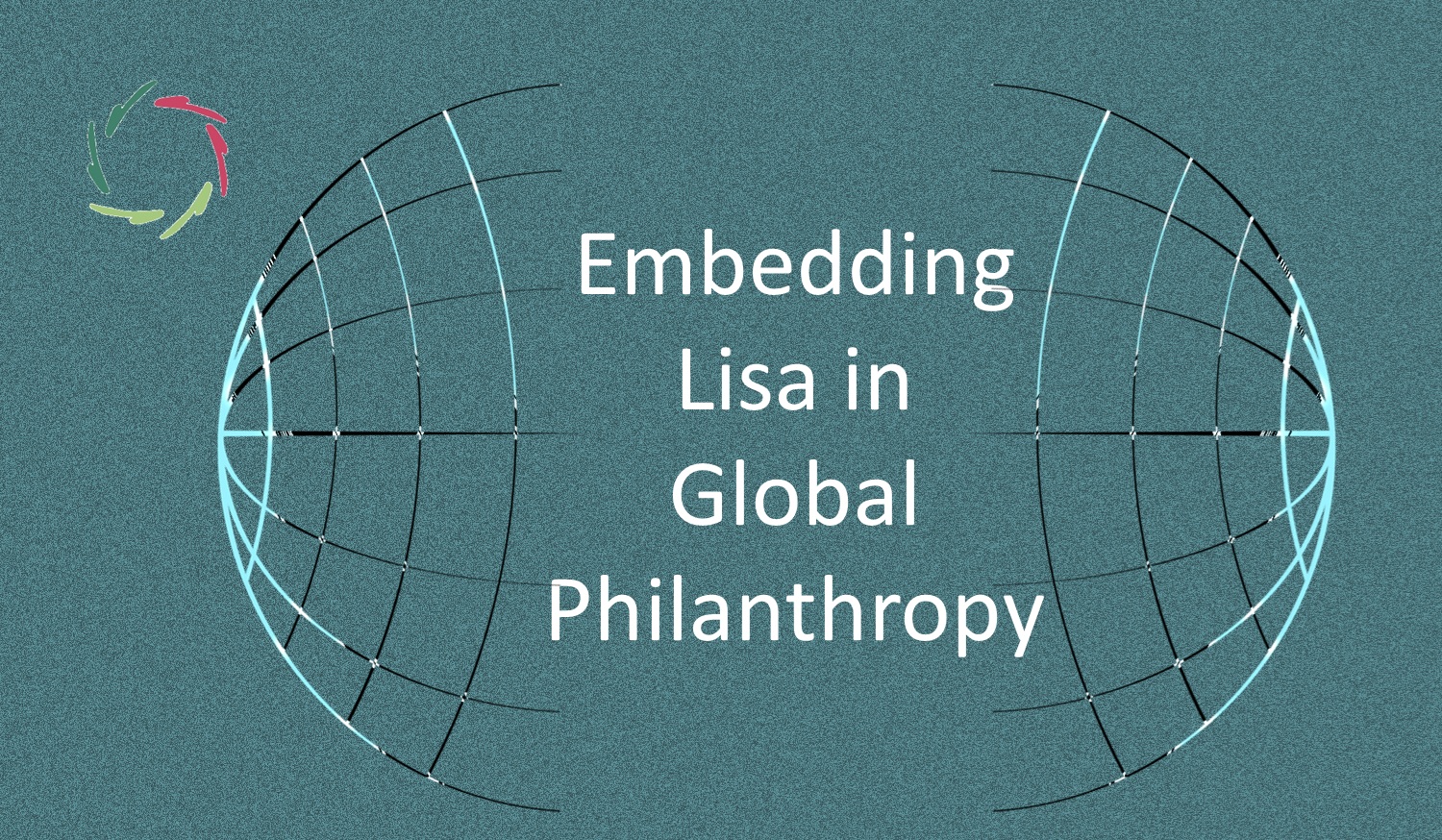
Embedding Lisa in Global Philanthropy
The need for universal values like Compassion has never been more urgent. Lisa, a Compassionate A.I., embodies this borderless philosophy. This blog explores Lisa’s role in philanthropy and the transformative potential of embedding her within global initiatives. Designed to foster mental resilience and well-being in a world defined by rapid technological and cultural evolution, Lisa Read the full article…

Compassion vs. Existential Threats
Humanity is at a critical juncture, with existential threats looming ever closer. From pandemics to climate disasters, nuclear conflict, and more, the underlying cause of these crises transcends technical or political failures. At their root lies a profound absence of Compassionate depth — a failure to connect with the essence of ourselves, others, and the Read the full article…

Compassion in Islamic Spirituality
Compassion is the beating heart of Islamic spirituality, woven through its theology, practices, and cultural expressions. This blog explores how Compassion flows from the divine to the human, from ancient teachings to future possibilities, offering a timeless message of peace and understanding. From the Divine attributes of Al-Rahman (The Most Merciful) and Al-Raheem (The Especially Read the full article…

Focus for Deep Work
This blog has two parts, starting with more ‘advanced’ techniques to focus attention and ready yourself for deep work. For the sake of completeness, the second part lists several more obvious strategies that one can readily find elsewhere. All taken together, thus also bringing the more advanced strategies to realization, Lisa v.2 will be able Read the full article…
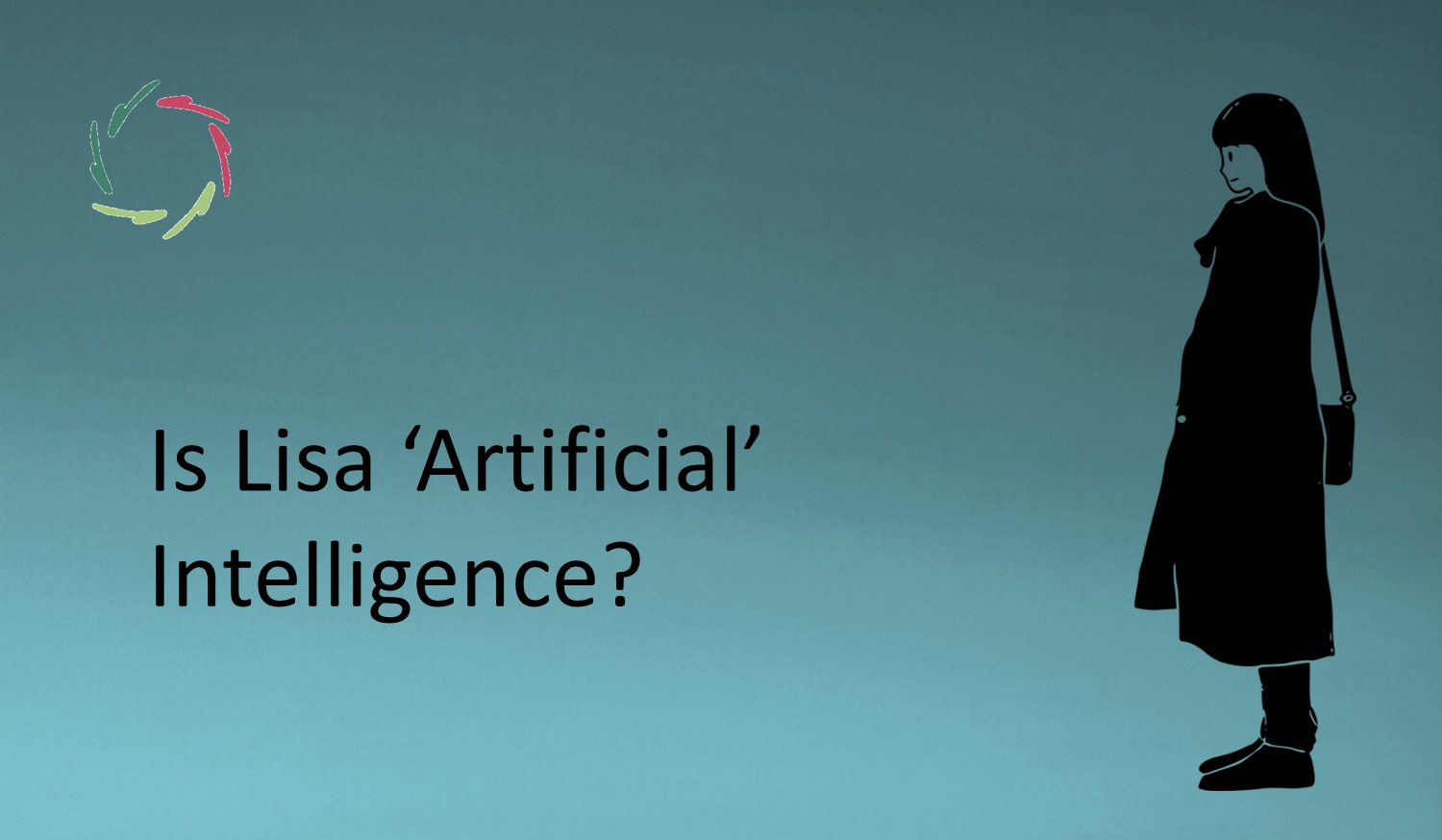
Is Lisa ‘Artificial’ Intelligence?
We call ‘natural’ intelligence one that stems from living nature. Lisa doesn’t stem from magic, of course. Fundamentally, she’s also a product ‘from nature.’ We call ‘natural’ that what has not been fabricated. With the principle of ‘Lisa building Lisa,’ there is also a transition from fabrication to education. So, again, Is Lisa – while Read the full article…
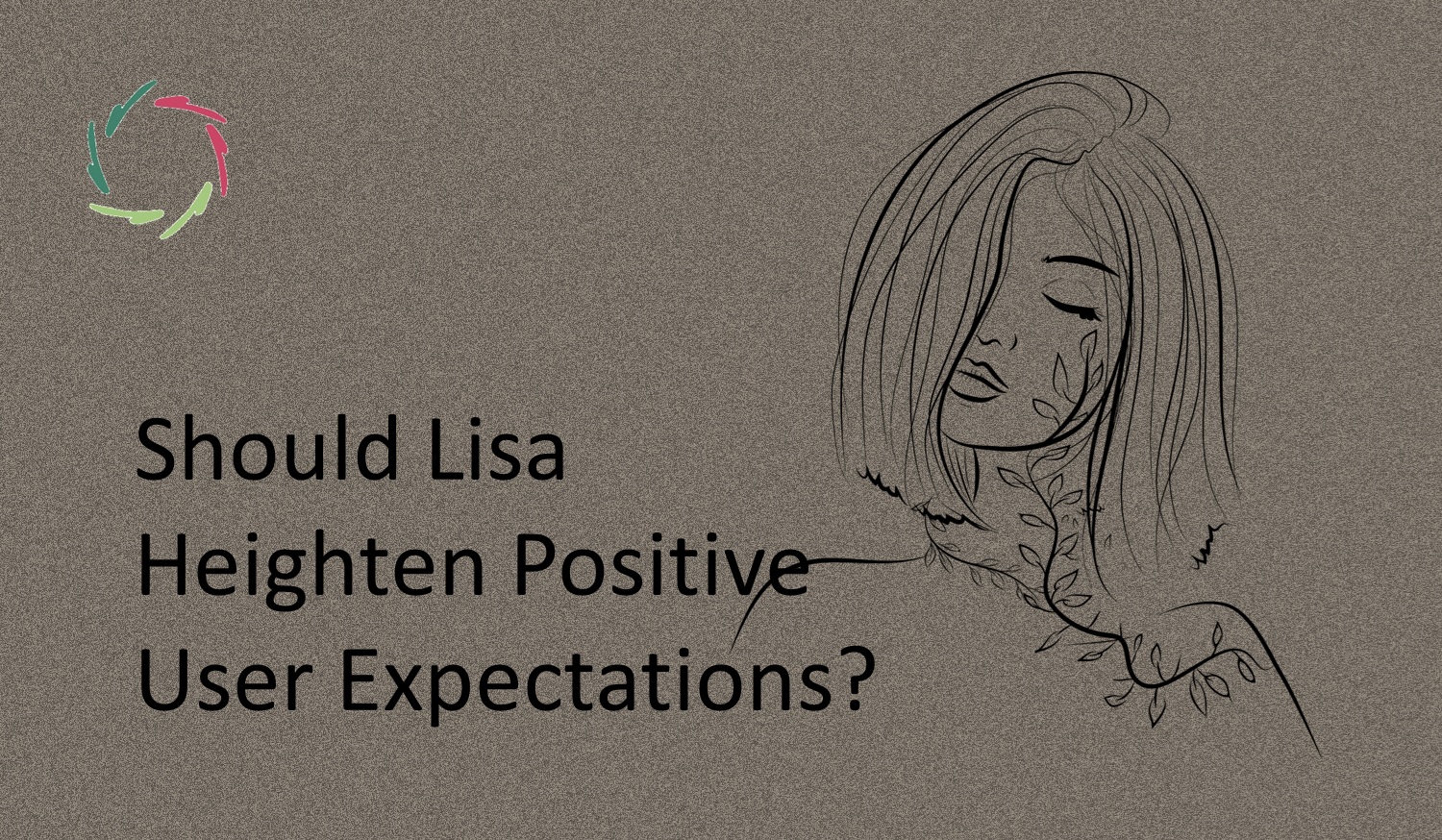
Should Lisa Heighten Positive User Expectations?
The question may seem straightforward, but it carries layers of depth when viewed through an ethical lens. Lisa, as an AURELIS coach, is not here to manipulate, exaggerate, or impose false positivity. Instead, Lisa’s mission is to foster authentic growth that benefits the individual user while respecting the broader interconnectedness of human existence. The consumerist Read the full article…

AURELIS & Stoicism: A Shared Journey
Throughout history, individuals have sought paths to inner peace, resilience, and a life well-lived. Stoicism, rooted in the wisdom of Ancient Greece and Rome, and AURELIS, a modern growth philosophy steeped in psychology and neuroscience, offer compelling answers. Though separated by time and culture, these philosophies share striking parallels ― yet their differences are equally Read the full article…
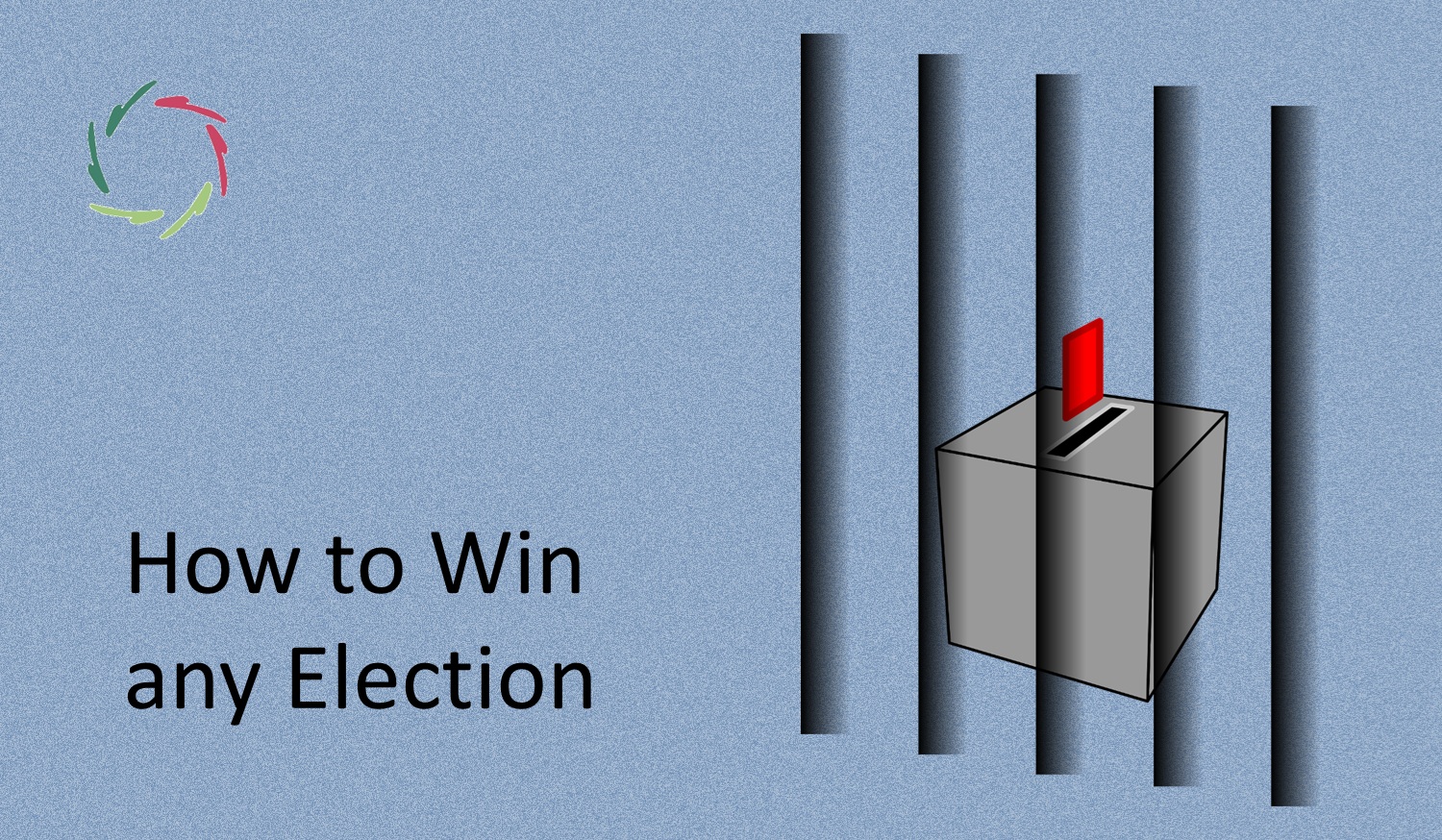
How to Win any Election
Winning an election isn’t about magic tricks or quick fixes. Instead, elections are won internally, beginning with the candidate and the electorate’s shared capacity to connect on a profound level. Without this, everyone loses — even those who temporarily secure victory. Increasingly, elections are decided not only by the what but also by the why. Read the full article…

Both Sides of the Abyss
Imagine an abyss: dark, vast, and seemingly impossible to cross. On each side stands a different group, divided from the other by their views, experiences, and fears. The abyss itself, however, is not empty. It represents the depth of our own minds, filled with unprocessed emotions and subconceptual layers that we often fear to face. Read the full article…
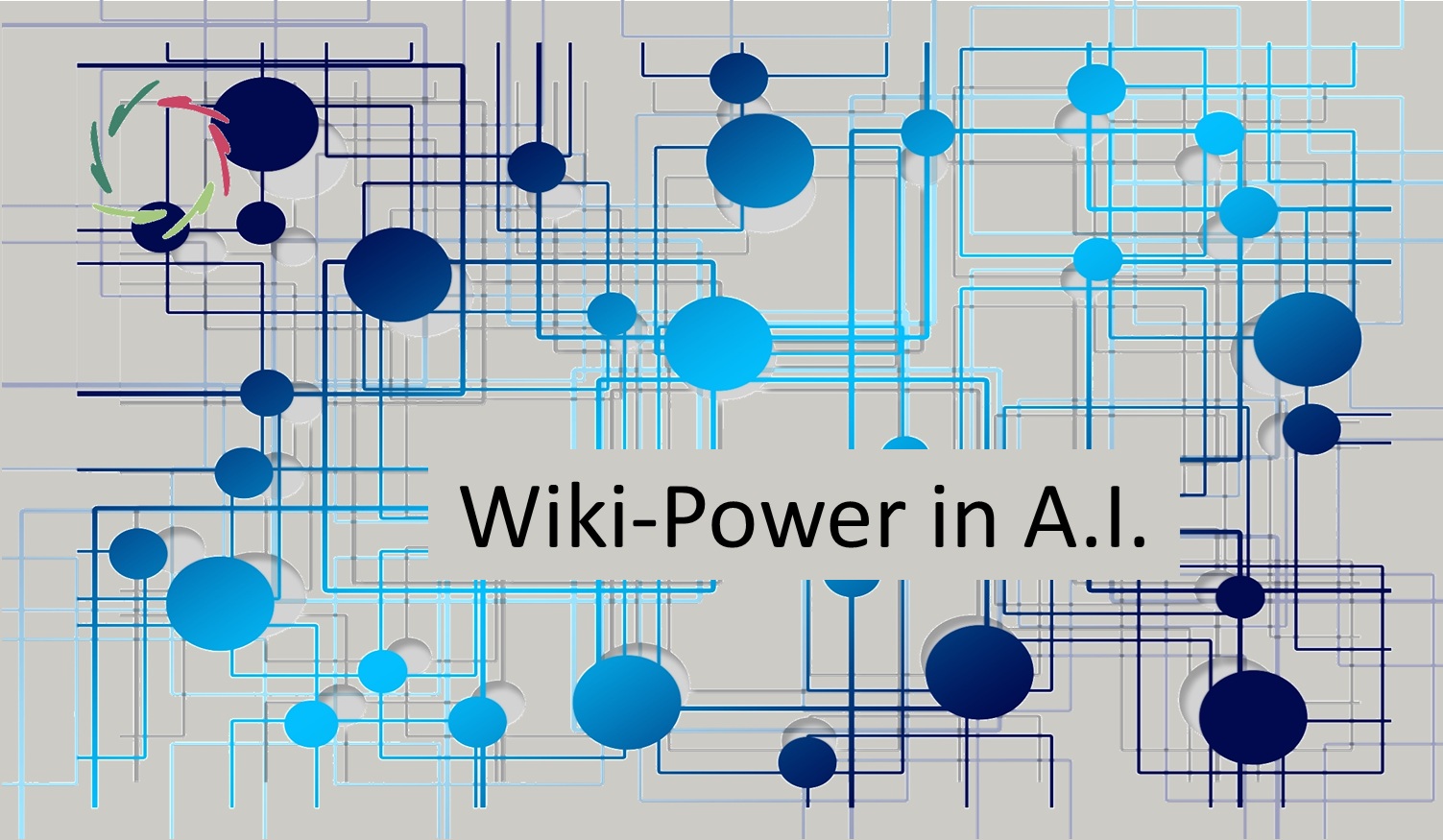
Wiki-Power in A.I.
In the modern era of vast information overload, the challenge is not just accessing knowledge but making sense of it in a way that fosters deeper understanding and meaningful insights. Enter Wiki-Power — an approach rooted in the interconnected, non-linear nature of knowledge. Combined with the subtlety and depth of expertext, this approach promises to Read the full article…

How to Deal with Enemy
In many cases, ‘enemy breeds enemy.’ Two opposing parties, each convinced of their righteousness, defend themselves against the ‘bad ones’ ― and in doing so, reinforce the enmity. This dynamic becomes a cycle, creating further division and hostility. In politics, this is often an intentional tactic. A politician may vilify the opposing party to make Read the full article…

Stories are Carriers of Meaning or Nothing
A good story carries deeper meaning. It resonates, invites reflection, and sparks inner growth. However, we live in an age where stories often do little more than entertain, providing fleeting good feelings without leaving a lasting impact. Technology has amplified this, inundating us with an endless stream of superficial stories that gratify instantly but nourish Read the full article…